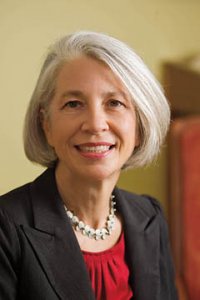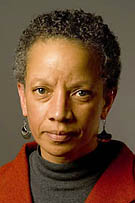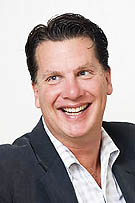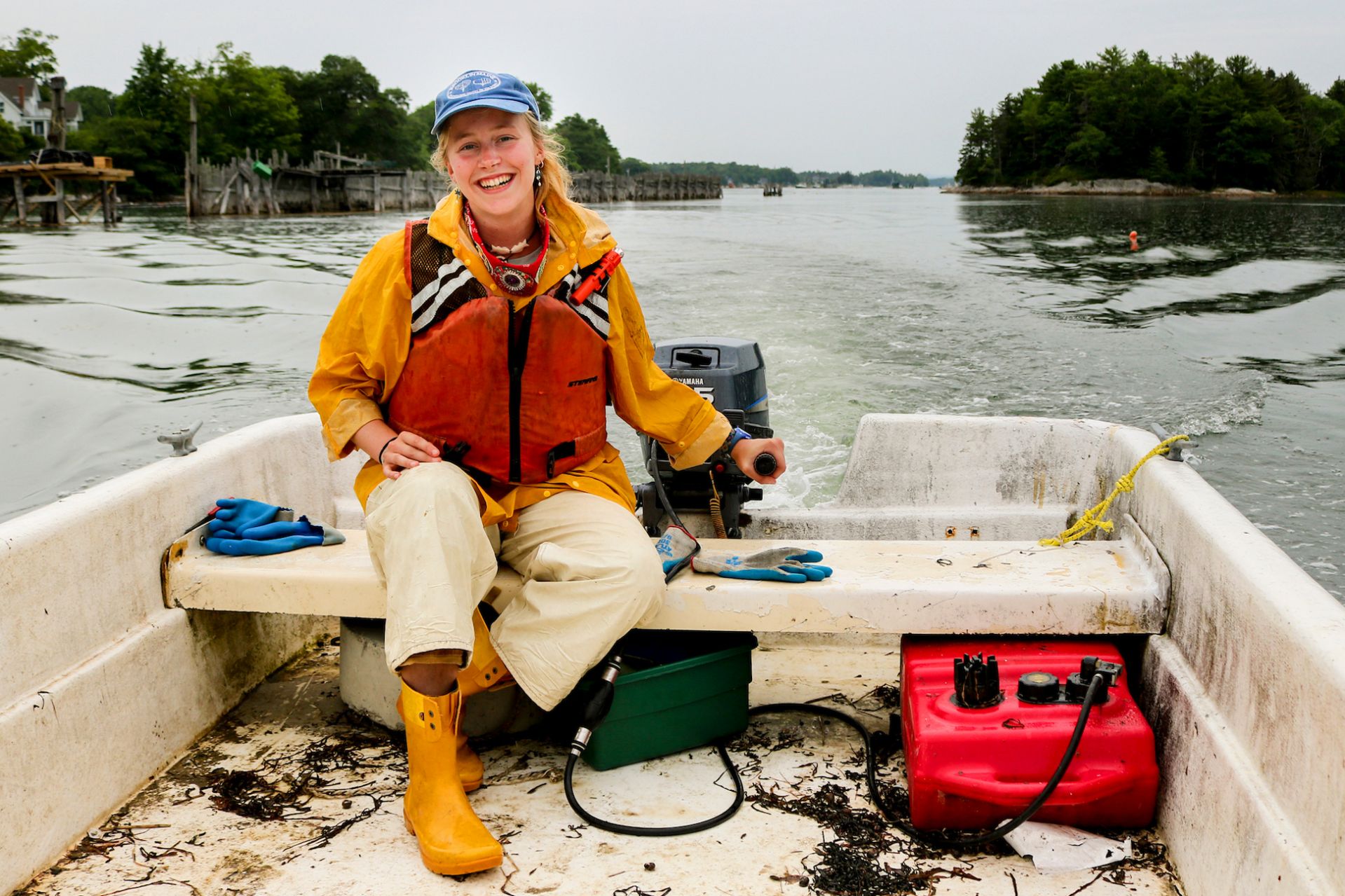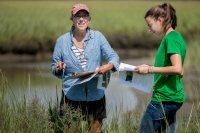
First-years asked to act on climate change as academic year begins
As Bates College prepares for the start of its 144th academic year, the college is asking its [intlink id=”11697″ type=”post”]470 arriving first-year students[/intlink] to join together in researching and taking action on carbon emissions and climate change.
The students were given suggested [intlink id=”11704″ type=”post”]summer reading[/intlink] that relates to climate change, and the annual orientation period will include a presentation by Franke James, an artist known for her environmental activism. In October, the first-years and other Bates students will take part in an international day of action advocating for real progress in curtailing climate change.
The college officially begins the academic year with the annual Convocation ceremony at 4:10 p.m. Wednesday, Sept. 9, on the Historic Quad bounded by College Street and Campus Avenue. The rain site is the Alumni Gymnasium, Campus Avenue.
Speakers at the ceremony include Bates President Elaine Tuttle Hansen and faculty members who have worked on planning teams exploring three initiatives encouraged by Hansen. Discussing the teams’ strategic thinking over the past year are:
Leslie Hill, associate professor of politics and special assistant to the president, addressing the theme “Learning at Bates”;
Matthew Côté, associate professor of chemistry and associate dean of the faculty, “Natural Sciences and Mathematics in the Liberal Arts”; and Kirk D. Read, associate professor of French, “The Arts in the College and the Community.”
-
[intlink id=”11075″ type=”post”]Welcome, Class of 2013![/intlink]
-
[intlink id=”11704″ type=”post”]2009 reading list for entering students focuses on global climate change[/intlink]
-
[intlink id=”11697″ type=”post”]Meet the Class of 2013[/intlink]
A widely collaborative effort involving students, staff and faculty, this strategic process at Bates got under way in autumn 2007 with the goal of producing plans that, as Hansen wrote at the time, “will guide our contributions and aspirations for the years ahead.”
Participants reviewed the college’s strengths and weaknesses, and explored external forces — such as the changing racial, geographical and socioeconomic characteristics of high school students — that are poised to affect liberal arts schools like Bates.
This comprehensive discussion eventually distilled the three themes that Hill, Côté and Read will review at convocation. The teams exploring the themes offered recommendations for planning and action to Hansen and the college trustees last spring for consideration.
It’s typical for the college’s dean of students office to engage first-years with a topical program, and “Changing the Climate Through Art and Action,” this year’s theme, will culminate later this fall in Bates’ participation in a worldwide day of action on Oct. 24.
The [intlink id=”11704″ type=”post”]summer’s reading[/intlink] for new students included such notable books about climate change as With Speed and Violence: Why Scientists Fear Tipping Points in Climate Change by Fred Pearce; Climate Code Red: The Case for Emergency Action by David Spratt and Philip Sutton; and Deep Economy: The Wealth of Communities and the Durable Future by Bill McKibben.
The October day of action is organized by the international campaign 350.org (“350” being the number of parts per million that scientists consider the safe upper limit for atmospheric carbon dioxide). The campaign asks participants to incorporate the number 350 “at an iconic place in their community.”
Coordinated by the offices of the dean of students and residential life, students organized by campus residence will collaborate with such campus departments as the Harward Center for Community Partnerships and the Environmental Coordinator’s office to develop action projects or artworks to present on or around the October day of action.
Related Stories
Aug.27:
[intlink id=”11697″ type=”post”]Meet the Class of 2013[/intlink]
Aug.27:
[intlink id=”11704″ type=”post”]2009 reading list for entering students focuses on global climate change[/intlink]
